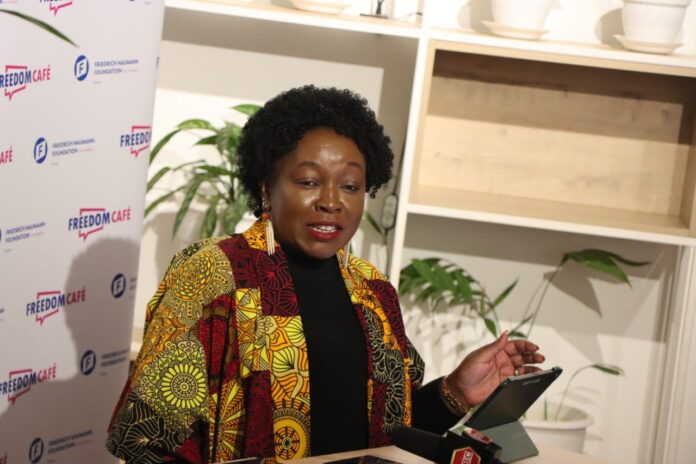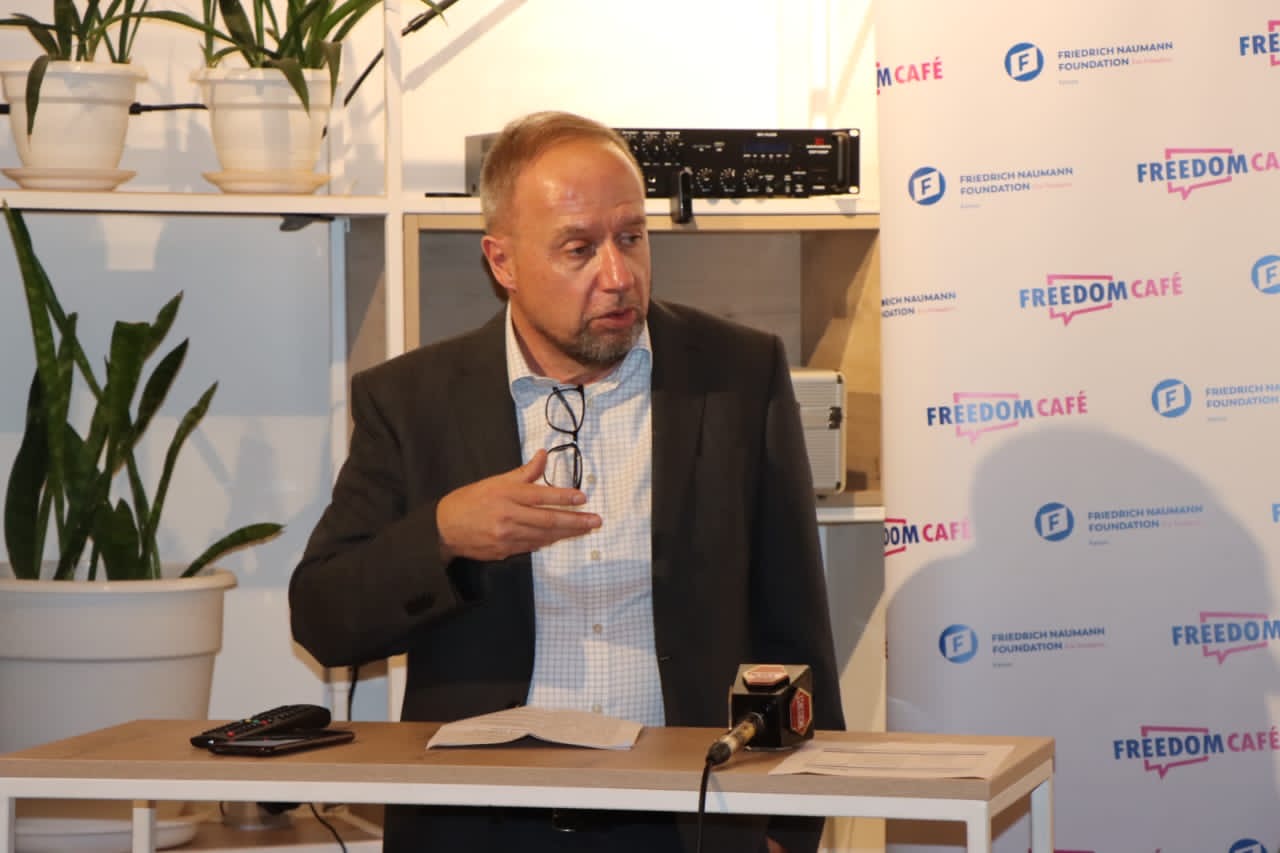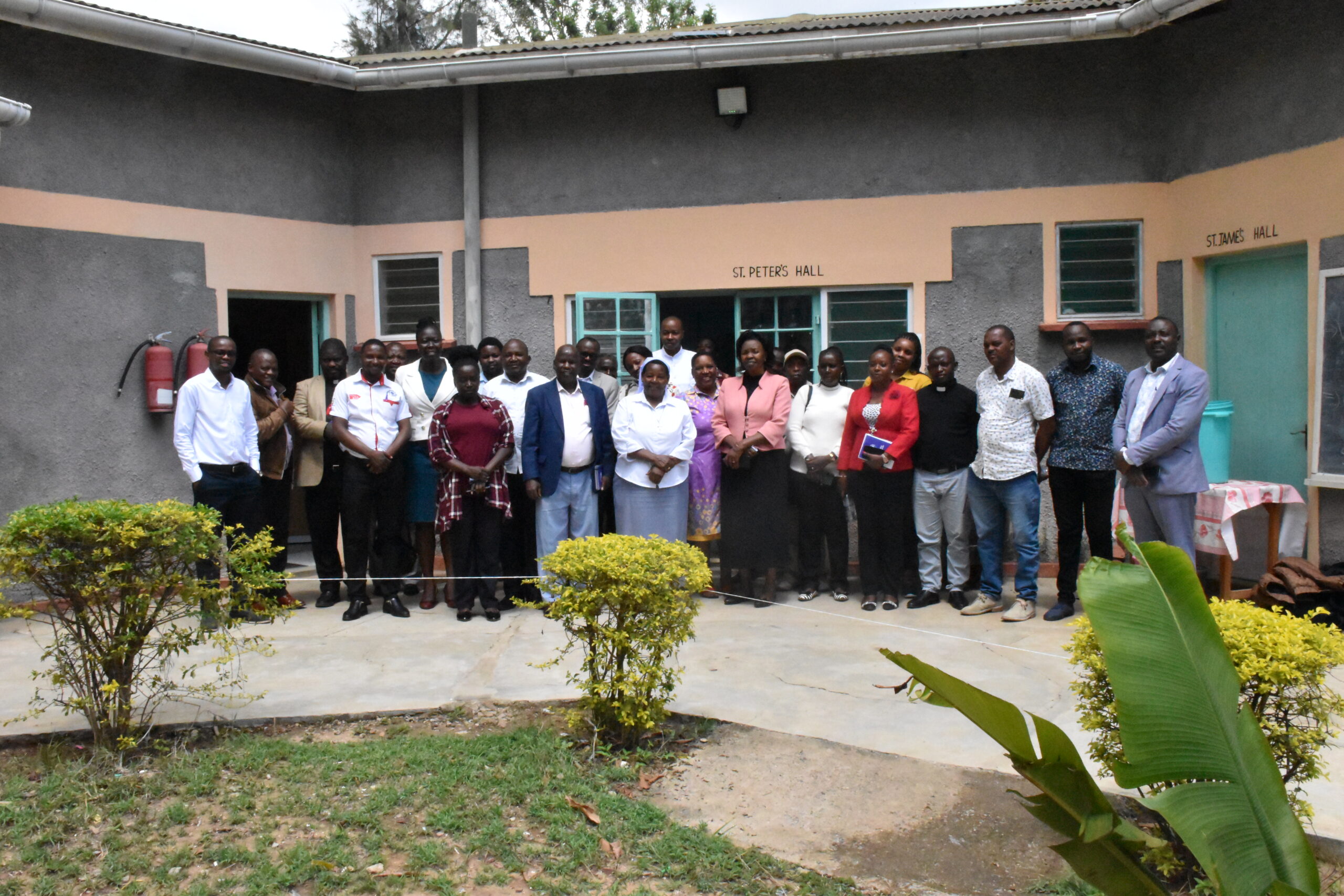
By Lenah Bosibori
Nairobi, Kenya: Despite Kenya marking 14 years since the 2010 constitution was promulgated, attainment of the two-third gender principle as articulated in the constitution has not been achieved according to women-led civil society organizations.
Speaking on Friday during a freedom Café organized by the Friedrich Naumann Foundation (FNF) dubbed Fast-Tracking the 2/3 Gender Rule, Ann Ireri the Executive Director of the Federation of Women Lawyers (FIDA) Kenya said that many multiple attempts and Bills have been introduced in Parliament but still the 2/3 gender principle has not been achieved.
“This August is Katiba month as we usually call it, and we will be celebrating 14 years since the promulgation of the 2010 constitution, however, the gender principle is yet to be attained and there are lots of attempts that have been there in the past, we know to date we have had at least 11 different Bills being introduced in parliament and they have not been successful,” said Ireri.

Last year the head of state issued a memo to the Cabinet Secretary for gender outlining a roadmap for achieving the gender principle, but political will is now crucial according to Ireri.
“Kenyans are looking to the political parties, they are the ones with the biggest task of being able to at least nominate to be able to fill the threshold at the national assembly, we are sort of 50 women and we have seen it,” adds Ireri.
According to Ireri, the women of Kenya deserve accountability and this principle particularly needs the political players to come out and clearly articulate to the country the roadmap they have towards attaining that principle.
“We are optimistic that the women of Kenya have come a long way, starting with our trail blazers and we owe it to the girls and women who come after us to make sure we attain this,” reiterates Ireri.

Ireri further says that there are no weak links but a reality we are facing as a country. “When it comes to other matters, we have been able to get a role for us to quickly amend and pass legislation and be able to change laws in these countries, why then when it comes to the question of women, are we having all this derailment only to gender rule or is it a responsibility of the state?” Queried Ireri.
On her part, Queenter Mbori the Executive Director Association of Media Women in Kenya (AMWIK) said that as the call for gender representation is being rallied across all sectors, let all genders be represented in the decision-making positions.
“As we advocate for more representation of women, our aim is not just to increase numbers but to ensure that all genders are adequately represented in decision-making positions,” said Mbori.
Stefan Schott Project Director and Global Partnership Hub Director FNF said that democracy cannot work when one part of the society is not fully represented. “Since 2010, parliament has not complied with the two-thirds gender principle, and this is basically unacceptable. We are happy that we can host this discussion today and make it possible for different groups of societies to speak up and address this topic,” said Schott.
Prof Nancy Booker the Dean, of Aga Khan Graduate School of Media and Communications (AKU) emphasized the importance of data to show realities and challenges in achieving the gender principle. “As academic institutions are better placed to provide that data that then helps in promoting the decisions but also the policies that should guide the process,” said Booker.
Booker also highlighted the need for media engagement training for women aspiring to political office. “We are a school of media and communications, it is also imperative for us to build capacity for journalists and those in media to be able to articulate what those challenges are,” said Booker.
Mustapha Dumbuya the Deputy Director at Journalists for Human Rights (JHR) and the Deputy Director for African Programs on his part said that women are underrepresented in the media yet the media’s role involves informing perceptions about identity, self-worth, and capability.
“Media has a role to play when it comes to issues around the two-gender rule, the media has a role to educate the public about what it actually means, because often, sadly the media has the power to have a conversation,” said Dumbuya.
He added that the media has a role in educating the public about the 2/3 gender rule and what it is all about. “This is about representation and giving an equal opportunity to everyone to have a chance and lead,” said Dumbuya. “The media needs to shift and move the conversations around accountability, the two-third gender rule is a constitutional provision which means parliament is obligated to meet it.”












